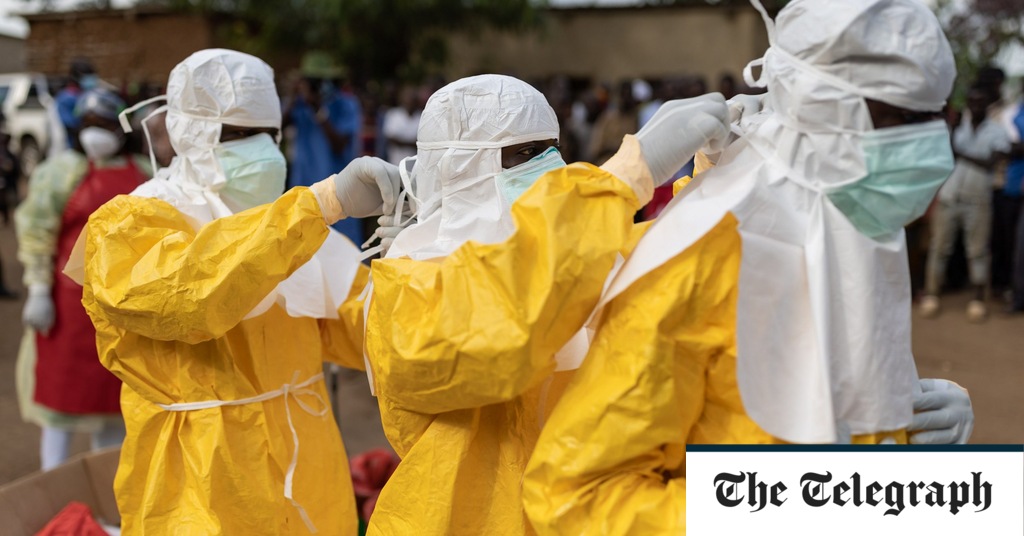Infection
Anthrax confirmed as ‘mystery’ disease behind deaths in Uganda
A mystery disease which has killed up to 17 people in Uganda has been confirmed as anthrax, health officials said.
The outbreak striking Kyotera district has seen infected patients suffer rashes and swollen limbs before dying. As many as 40 are thought to have fallen ill in recent weeks.
Africa Centres for Disease Control and Prevention (Africa CDC) earlier this week said anthrax had been ruled out, but local officials have now said tests found the bacterial infection typically infecting cows, sheep, and goats.
A number of cattle have also died during the outbreak and victims are thought to have caught the infection by eating contaminated meat.
Dr Edward Muwanga, Kyotera’s district health officer, told the Telegraph: “The disease has been confirmed as anthrax. So we now know what we’re dealing with.
“People started falling ill in October and we think they contracted the anthrax from eating carcasses of dead cows because 25 cattle have died of the disease in this area.”
Local media have put the death toll at up to 17. Dr Muwanga said it was at least 12.
He said patients were stricken with blisters, fevers, and a swelling of limbs before dying.
Flu-like symptoms, followed by black boils
Pontiano Kalebu, the executive director of Uganda Virus Research Institute (UVRI) also said the mysterious disease had been confirmed in laboratory tests in Entebbe as anthrax.
“Yes, tests were carried out here and anthrax was confirmed from the samples,” he said.
Anthrax is caused by a spore-forming bacterium called Bacillus anthracis that typically affects ruminants such as cows, sheep, and goats.
The bacteria produce extremely potent toxins which are responsible for the symptoms, causing a high lethality rate.
Cattle and sheep can die quickly, but leave carcasses showing little sign of infection. In humans, symptoms begin with a flu-like illness, followed by respiratory difficulties.
Direct contact with anthrax can cause raised boil-like lesions on the skin which develop a black centre. If you inhale anthrax spores, they can cause damage to the lungs, which is often fatal.
The outbreak has caused alarm in the district.
Ben Karyabwite, 34, a grocery shop owner near Kyotera town said he was worried for himself, his wife and two daughters.
He said: “We have been hearing of people dying of a mysterious disease that attacks them and causes rashes on their bodies.
“Because we were being told that no cure has been found for this disease, it really terrified me. I had told my wife to minimise all movement … to reduce chances of catching the disease.
“Even me, I stopped socialising with friends or attending crowded places.”
International and local health bodies are scaling up disease surveillance to spot new infections and outbreaks in Africa.
The continent’s poor healthcare systems and its exposure to deadly pathogens that jump from animals to humans, such as Ebola and Marburg viruses, have made it a focus on pandemic prevention.
Protect yourself and your family by learning more about Global Health Security

